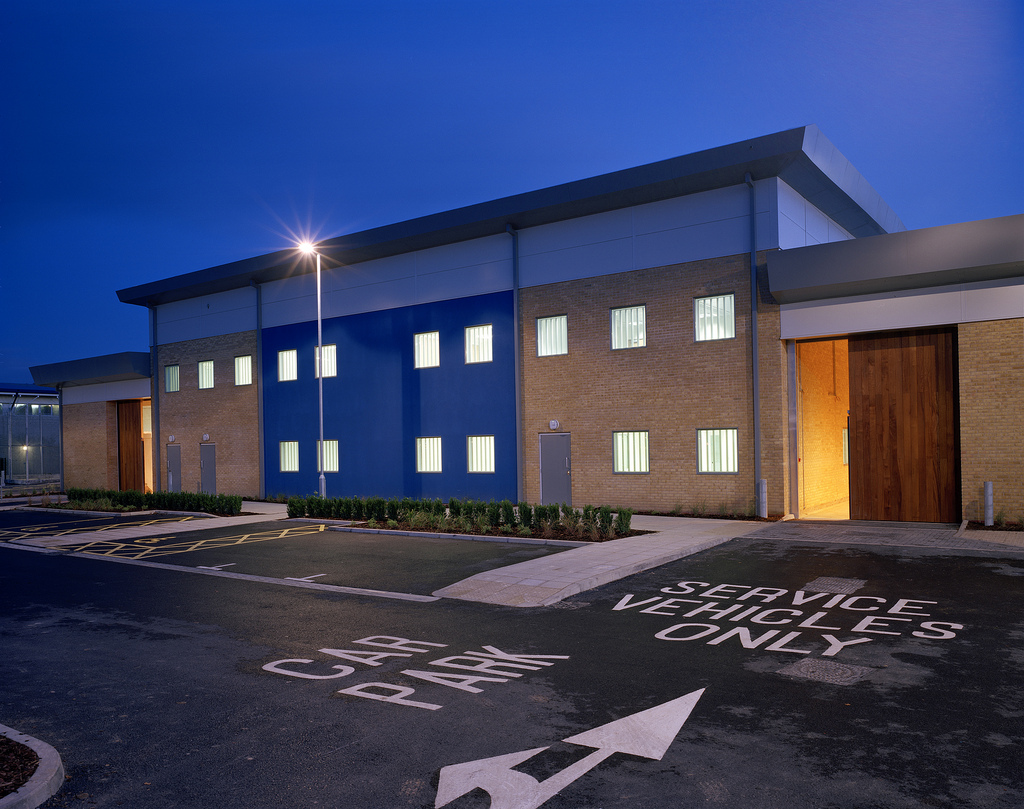
08 Aug Court of appeal rejects government appeal in Brook House abuses scandal
The Court of Appeal has emphatically rejected the Government’s application for permission to appeal against a judgment of Mrs Justice May of 14 June 2019 on the investigation into human rights abuses at Brook House Immigration Removal Centre. The judge had ordered that the investigation has to have power to compel the attendance of witnesses, hold hearings in public and provide funding for representation for the Claimants.
The Court of Appeal’s decision comes almost 2 years after the abuse of detained persons at Brook House was exposed by undercover reporting for BBC’s Panorama documentary.
No further appeal is allowed. An effective and proper investigation into the abuses should now go ahead.
Lord Justice Bean, providing reasons for refusing the appeal stated:
“I do not consider that there is any realistic prospect of success in the proposed appeal against the carefully reasoned judgment of May J. …
… The judge’s reasons for rejecting the [Home Office’s] “wait and see” approach were given briefly but in my judgment they are plainly correct. There is no other compelling reason for an appeal to be heard by this Court.
The Special Investigation should be permitted to proceed without further delay.”
The BBC Panorama documentary “Undercover: Britain’s Immigration Secrets” broadcast in September 2017 exposed racism, physical assaults and shocking abuse of vulnerable detainees by officers. The footage showed one officer strangling a detainee and threatening to put him “to sleep” and detention and healthcare staff conspiring to cover it up. The detainee was a young asylum seeker with severe mental health problems whom officers were supposed to be watching over because of a high risk of suicide and self-harm.
In other footage a control and restraint trainer is seen teaching officers to use racist language, to assault detainees and to “scrub the CCTV”.
Two ex-detainees, MA and BB, who featured on the documentary, brought this claim for judicial review arguing that an independent public enquiry with the power to compel and question witnesses is necessary to get to the truth so that lessons will be learnt as required for the UK to comply with its obligations under Article 3.
Having resisted for over a year the Home Office in October 2018 performed a U-turn and agreed to appoint the Prisons and Probation Ombudsman (PPO) to undertake an independent bespoke investigation but then refused to provide the PPO with powers to compel witnesses to attend or the means to hold hearings in public and offered no funding for legal representation for victims to enable their participation.
In her judgment in June 2019 Mrs Justice May held that the investigation would need powers to compel witnesses, that a “significant public scrutiny of the PPO’s Special Investigation will be required” and that MA and BB must be afforded funded representation.
On the need for compulsion of witnesses she said:
“…immigration detainees are a uniquely vulnerable group of people. They are not convicted persons serving a sentence, they are not being detained as punishment. Unlike most prisoners, they do not know for how long they are going to be confined. Detention under these conditions is diminishing and depersonalising enough, but it is unacceptably degrading and dehumanising where there is repeated and apparently casual abuse on the part of staff employed by the state to supervise and look after such detainees. It is right, in those circumstances, to afford the abused detainee an opportunity to see and confront their abuser on equal terms, as a means of restoring dignity and respect to the person from whom it has been so wholly stripped away.”
On the requirement that some hearings be held in public she commented strongly:
“A detention centre, with its population of vulnerable persons, is a place where erosion of the rule of law may be thought to be both particularly likely and (because of that) particularly dangerous…..detainees are frequently subject to hostile political and media rhetoric; the public at large do not in general care about welfare in detention. In those circumstances it may be thought to be of especial importance that detainees’ rights should be publicly vindicated and the rule of law thus publicly upheld.”
And on the need for MA and BB to have funding for legal representation she said:
“When dignity and humanity has been stripped one purpose of an effective investigation must be to restore what has been taken away through identifying and confronting those responsible, so far as it is possible……. if MA and BB are properly to identify and confront the abuse which they say was meted out to them…. they need representation, which must be funded.”
Joanna Thomson representing BB commenting on the Court of Appeal’s decision said,
“The victims at Brook House suffered dreadful inhuman and degrading treatment. The Court of Appeal’s ruling should now lead to an investigation that will uncover the truth so that there are no further abuse scandals in the UK’s immigration removal centres. Let us hope that the Home Office will do as Lord Justice Bean in the Court of Appeal urges and allow the investigation to proceed without further delay.”
BB is represented by Joanna Thomson and Mark Hylands of Deighton Pierce Glynn instructing barristers Nick Armstrong of Matrix Chambers and Jesse Nicholls of Doughty Street Chambers.
MA is represented by Lewis Kett of Duncan Lewis instructing Stephanie Harrison QC of Garden Court and Alex Goodman of Landmark Chambers.
Mrs Justice May’s 14 June 2019 judgment is available here, and her order is available here.
The Court of Appeal’s refusal of permission can be seen here.
More press about Brook House and these proceedings is available via BBC News and The Guardian in two articles (here and here) and an article written by former Brook House detainee, BB.
